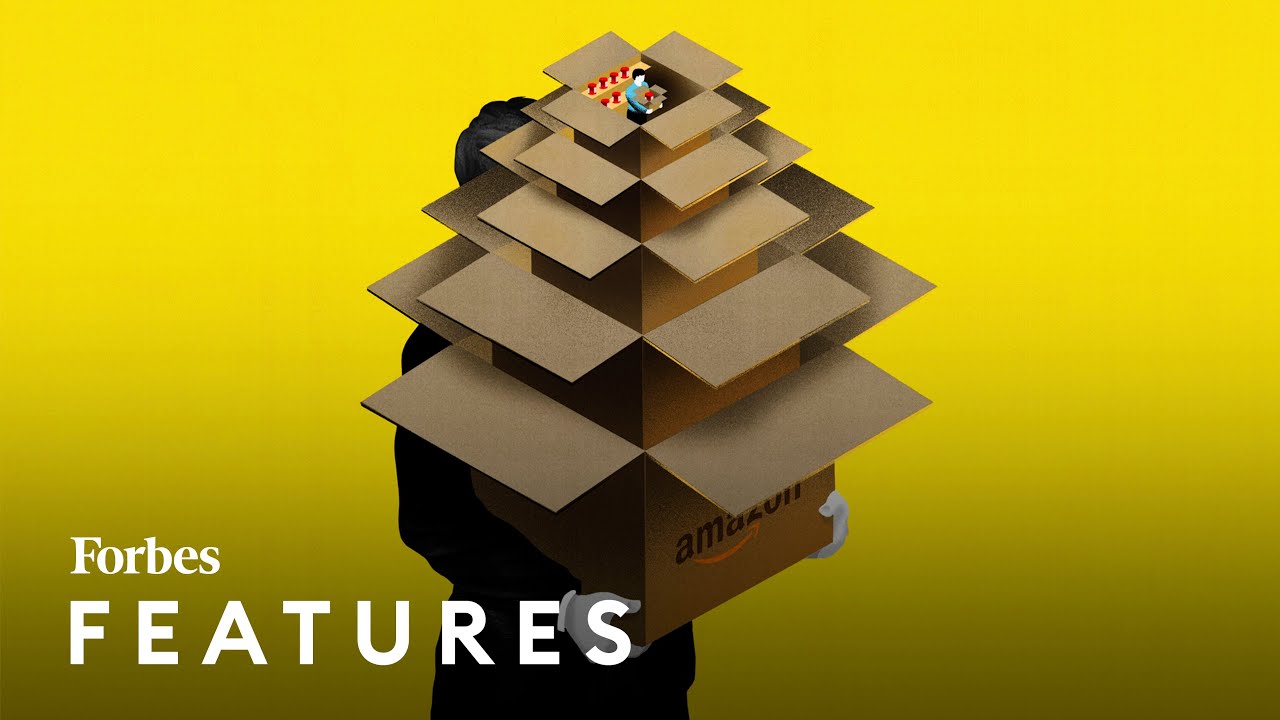Lots of people believe that Amazon’s small businesses represent a big opportunity. There are over 2 million third-party Amazon sellers worldwide. In the U.S. alone, these businesses moved 3.4 billion items via Amazon in the 12 months ending in May, up from 2.7 billion the previous year. Over 30,000 of these sellers in the U.S. each generate at least $1 million in sales a year, and many rely on Amazon to handle retail’s messy logistics: delivery, returns and customer service. In aggregate, these small businesses are vital to Amazon, accounting for about 60% of its product sales, double the percentage they represented a decade ago. By and large, the pandemic has been good for these companies: During this October’s Prime Day, Amazon’s annual 48-hour sales event, third-party sellers had their two biggest days ever, according to Amazon, with sales rising nearly 60% year-over-year to $3.5 billion.
Thrasio can claim bragging rights as the leader among the roll-up artists. In just over two years, it has raised more than $500 million from, among others, Boston-based private equity giant Advent International, Seamless founder Jason Finger and Atlantic Records CEO Craig Kallman, including a $260 million round it announced in July at a valuation of $1 billion. It now claims to be one of the 25 biggest sellers on Amazon.
The key, according to Silberstein, is an effective “block and tackle” strategy. Every new business acquired by Thrasio is put on the so-called conveyor belt, where a core team of a half-dozen employees works through a 503-point checklist of best practices in an average of 34 days, farming out tasks to a deep bench of specialists in supply chain, legal and other departments as needed. For instance, the creative team makes sure each listing has at least seven high-resolution images that take up 80% or 90% of the allotted space on the online display page (larger images lead more people to click).
Of course, tying one’s fate to the e-commerce behemoth brings with it some risks. Amazon’s marketplace has hundreds of rules, constantly in flux, that companies must follow. Heaven forbid you run out of inventory, take too long to get back to a customer or give Amazon reason to suspect you’re manipulating reviews. At best, your search rank is demoted. At worst, you’re suspended from the platform.
Read the full profile on Forbes: https://www.forbes.com/sites/laurendebter/2020/11/18/how-to-make-millions-from-amazon-jeff-bezos-billions/?sh=5eb27da7260d
Subscribe to FORBES: https://www.youtube.com/user/Forbes?sub_confirmation=1
Stay Connected
Forbes newsletters: https://newsletters.editorial.forbes.com
Forbes on Facebook: http://fb.com/forbes
Forbes Video on Twitter: http://www.twitter.com/forbes
Forbes Video on Instagram: http://instagram.com/forbes
More From Forbes: http://forbes.com
Forbes covers the intersection of entrepreneurship, wealth, technology, business and lifestyle with a focus on people and success.
How To Make Millions From Bezos’ Billions | Forbes
